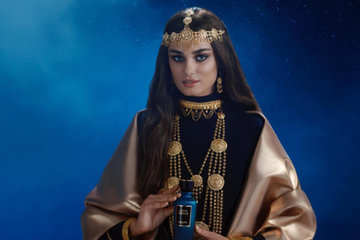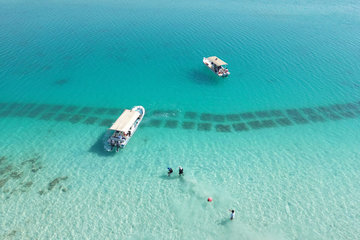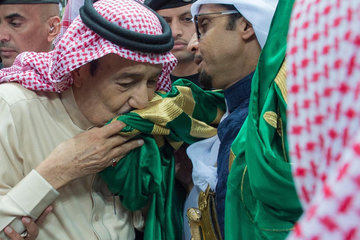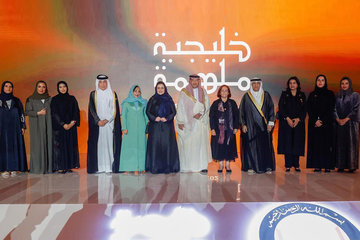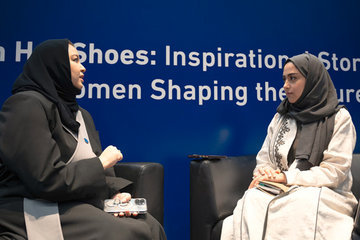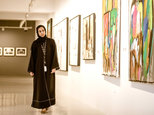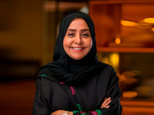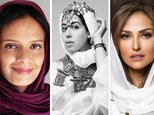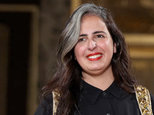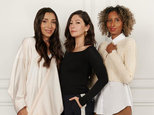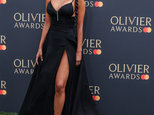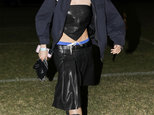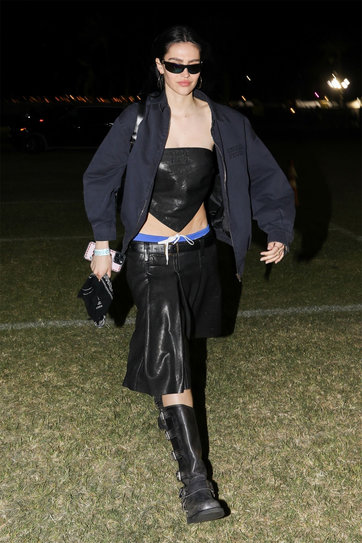
While the Kingdom of Saudi Arabia keeps building on their objectives of Vision 2030, which is an ambitious blueprint expressing the country’s long term goals and expectations and reflecting it’s strengths and capabilities to advance the KSA economically and to give women more opportunities, it is necessary to change the narrative around them.
Most recently, we saw women gaining the right to finally drive, a small victory in the grand scheme of things, but a victory none the less with a long way to go. However, where the world seems to focus on the opportunities and rights that Saudi women are lacking, AboutHer.com is smashing the eight most common stereotypes and misconceptions people have about women from the KSA.
1. Saudi Women Are Not Educated
Saudi Arabia opened the first school for girls in 1957, the General Administration of Girls Education was then established in 1960 and the first university for women followed in 1970. Since then, female education has been at the forefront of the success of Saudi women today and has increased significantly. Female students have been noted to be better than their male counterparts in the university system with women accounting for 52% of all university graduates in 2015.
2. Saudi Women Are Not Entrepreneurial
Female entrepreneurship is currently on a steep growth trajectory in Saudi Arabia. A decade ago, women accounted for only 4% of the Kingdom’s entrepreneurs but by 2017 this number had increased to 39%, resonating global trends that have seen female enterprises increase 10% in two years across 63 major economies.
Not only have these female run businesses launched new ideas, but they have created more jobs. Under Vision 2030, the kingdom has ambitions to surge female participation in the workforce by at least 30% and reduce overall unemployment.
In order to achieve this, the Saudi government has introduced a number of initiatives to support aspiring female entrepreneurs and as a result, almost 40% of startups within the KSA launched in 2016, were owned by women.
3. Saudi Women Are Not Independent
Independence is multi-faceted and it all depends on one’s outlook. Where there are many strict rules and regulations in Saudi, both religious and cultural, but with much determination and focus, we have seen Saudi Arabian women smashing glass ceilings globally; let’s take the example one of KSA’s most prominent businesswomen and CEO of Olayan Financing Co., Lubna Olayan, who was nominated the 86th most powerful woman of the world. The women of Saudi don’t reach such heights by being dependent.
4. Saudi Women Don’t Have A Say In The Government
The government of Saudi Arabia appointed its first female minister in 2009. Nora Bint Abdullah al-Fayez, a former teacher educated in the US, was made the deputy education minister in charge of a whole new department dedicated to female students. Her position was reinforced when the kingdom announced that women would be allowed to vote and be elected to government. Following the aforementioned events, Belgium became the first country to appoint a female ambassador to the kingdom in December 2017.
5. Saudi Women Do Not Excel At Sports
We will have you know, that in 2013, Raha Moharrak became the youngest Arab and Saudi woman to reach the top of Mount Everest. She admitted that convincing her family to allow her to climb was as challenging as conquering the mountain itself, but she was independent enough to not let it stand in her way. She now travels the world conquering one peak after another.
In addition to Raha, Halah Al Hamrani kicked aside the traditionalist norms of the Saudi society to become the first and only Saudi female boxing and kick-boxing trainer.
As a certified boxer from the National Academy of Sports Medicine (NASM) in the United States, Hala has been training women in Saudi Arabia for the past 15 years. Mic. Dropped.
6. The Workplace Isn’t In Their Favour
Prominent Saudi film director, Haifa al-Mansour has been smashing stereotypes continually ever since her 2014 movie, “Wajda”, became the first film to ever represent the KSA at the Oscars.
Mansour and many others like her, including, Hend al-Fahhad, Deya Yousef, and Hajar al-Naim are all examples of strong women in the entertainment industry who use the power of film to depict strong female characters in an attempt to break misconceptions about the females of Saudi.
They are the work place.
7. Saudi Women Have No Style Because They Are Veiled
Being veiled doesn’t stop Saudi women from expressing their sense of style. They love an abaya just as much as they do being donned head to toe in Valentino, Gucci, Fendi and other luxury brands.
With much of their disposable income they can be seen parading around in the latest modest wear trends designed by the likes of Dolce Gabbana.
With the rise of the Instagram model and bloggers alike, Saudi women refuse to be left out. Some of the most stylish beauty and fashion influencers hail from Saudi and you probably follow them too!
With more than 500k followers, we are huge fans of Marriam Mossalli’s, Saudi based blog, Shoes & Drama as well as social media influencers, Saudi Trends (@saudi_trends).
8. The Situation For Saudi Women Will Never Change
The Kingdom of Saudi Arabia is forever changing and 2017 was probably the most significant year for change in the country’s modern history. A number of announcements from the new Crown Prince, Mohammed Bin Salman, have been made about Saudi Arabia returning to moderate rule and opening it’s economy to ensure that diversity and inclusion are the foundations for the new era of Vision 2030. And this includes more rights for women.

